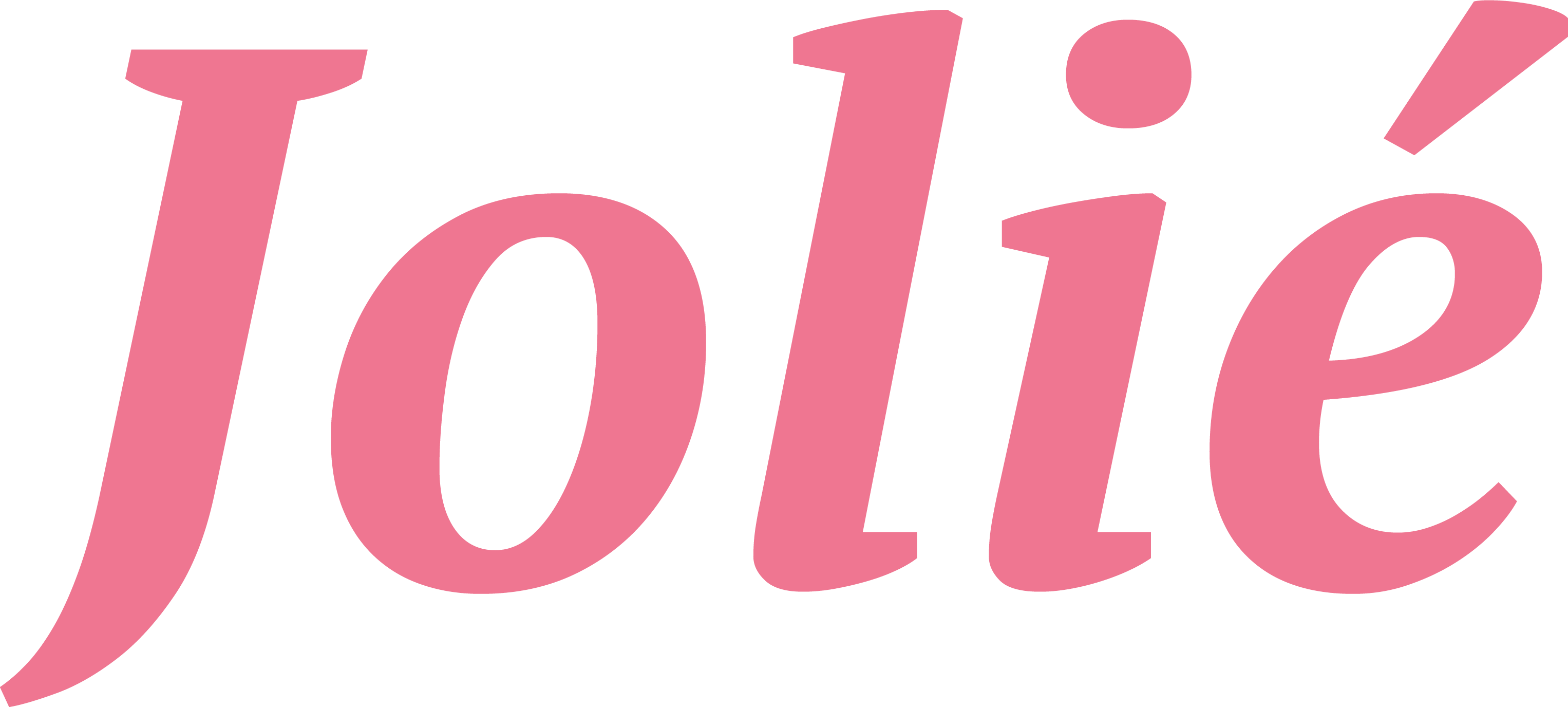Attention beauty sleep seekers! Has your path to the perfect rest been haunted by a dry mouth, scratchy throat, chapped lips, and persistent drowsiness? Mouth breathers, you’re not alone. Mouth breathing, often due to a slack jaw during sleep, can indeed lead to these issues, since it doesn’t filter or humidify air like nose-breathing does. This can also lead to snoring, waking up during the night, and even a risk of tooth decay or gum disease.
Lately, an emerging TikTok trend, mouth taping, promises a solution to all this. Intriguing, right? Here’s the 411. The practice involves placing a strip of surgical tape over your mouth before bedtime. In theory, this forces you to breathe through your nose, enhancing the quality of your sleep while nixing drooling and dry mouth.
“The nose acts like a natural humidifier,” explains Megan Acho, MD, a clinical assistant professor at the University of Michigan. “Nasal breathing is generally more beneficial because the air we breathe in gets warmed, humidified, and filtered from dust and potential allergens.”
With that said, does this mean a mere strip of tape can revolutionize your sleep routine? Let’s dive deeper.
Mouth taping may sound like a dream come true, but our expert panel suggests it might not be all it’s cracked up to be. According to Erich Voigt, MD, the director of general and sleep otolaryngology at NYU Langone Health, mouth taping is more of a quick fix than a permanent solution. The need to breathe through the mouth while sleeping often signals an obstruction in the nose, which could be caused by numerous factors, from sinus infection to sleep apnea. Slapping tape on the problem isn’t going to resolve these underlying issues.
More importantly, the practice isn’t risk-free. Both Dr. Voigt and Dr. Acho point out potential dangers. Despite its popularity on social media, there’s limited long-term research on mouth taping. Potential side effects include skin irritation due to the adhesive and disruption of oxygen intake, which could trigger heart problems. Even more worrisome, there’s a risk of choking if the tape comes loose during sleep.
Experiencing nasal breathing issues? Don’t panic. Many of us have faced these problems, often due to seasonal allergies or the common cold. Usually, these symptoms will resolve within two weeks. But if they persist longer or become severe (such as gasping or choking in your sleep), it’s wise to see a primary care provider. These symptoms may be indicative of a more serious condition, like an undiagnosed sleep disorder or chronic sinusitis.
“You don’t need to see a sleep specialist for mouth breathing. It’s something you can talk about with your primary care provider,” Dr. Acho advises. You can explore safer alternatives to mouth taping, such as nasal breathing strips to temporarily relieve congestion or changing your sleep position to help open up your airway.
In a nutshell, if you’re resorting to mouth breathing at night, masking the issue with tape is not the answer. It could be a sign of a more serious issue. Instead, explore safer methods to handle mouth breathing and ensure your beauty sleep isn’t compromised.








